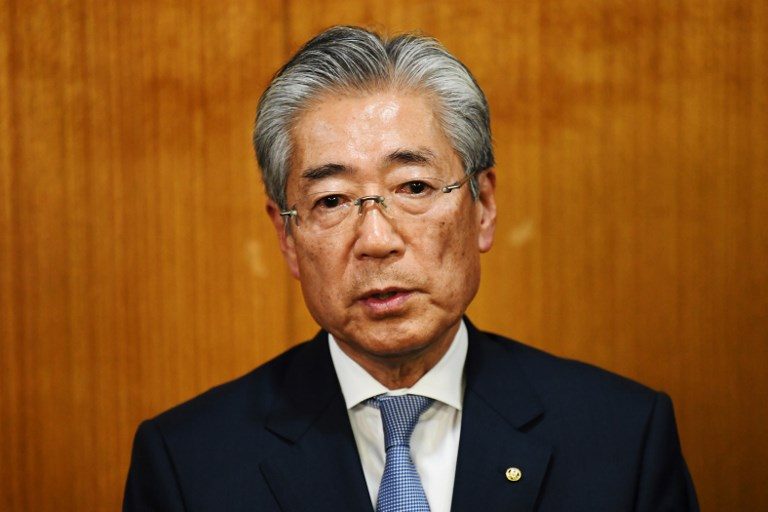SUMMARY
This is AI generated summarization, which may have errors. For context, always refer to the full article.

TOKYO, Japan – The head of Japan’s Olympic Committee said Tuesday, March 19 he would step down in June, as French authorities probe his involvement in payments made before Tokyo was awarded the 2020 Summer Games.
“On June 27, my term will expire,” Tsunekazu Takeda said at a meeting of the Japan Olympic Committee (JOC) in Tokyo.
“Considering the future of the JOC, I think the most appropriate thing is to leave things to a new leader from the next generation so that they can host the Olympics and carve a new era.”
The 71-year-old said he would also be stepping down from the International Olympic Committee.
Takeda has come under pressure not to seek an additional term when his current mandate ends in June after it was revealed that French authorities believe they have evidence of corruption in the awarding of the 2020 Games to Tokyo.
Current JOC rules require candidates for the top post to be 70 or younger at the time of their candidacy, but there had been rumours the committee was considering a change to allow Takeda to stay on through 2020.
In recent months however, the investigation into Takeda has become an unwelcome distraction for organisers of the Games, with less than 500 days until the opening ceremony.
A former Olympic showjumper who spearheaded Japan’s bid to host the Games for a second time, Takeda initially appeared likely to try to keep his post until the flame was lit in Tokyo.
In January, it was revealed that he was facing a judicial process in France over two payments totalling 2.8 million Singapore dollars (US$2.1 million at today’s exchange rate).
He has been placed “mis en examen”, a legal step that has no direct equivalent in the British or US legal systems and roughly translates as being charged.
It does not automatically trigger a trial but means that prosecutors believe there is strong or corroborated evidence of wrongdoing. – Rappler.com
Add a comment
How does this make you feel?
There are no comments yet. Add your comment to start the conversation.